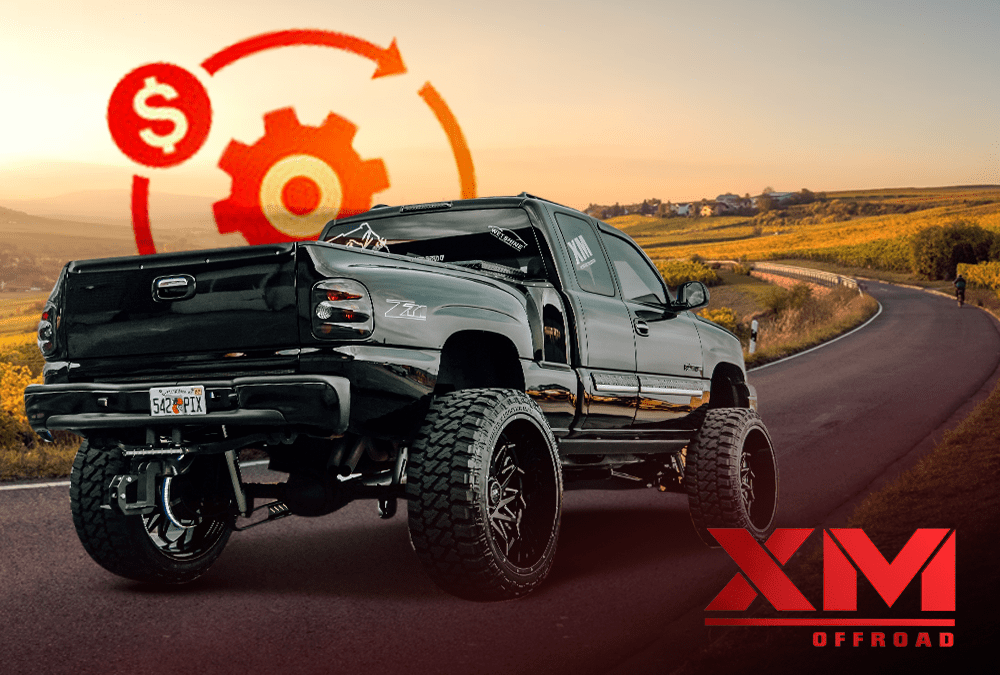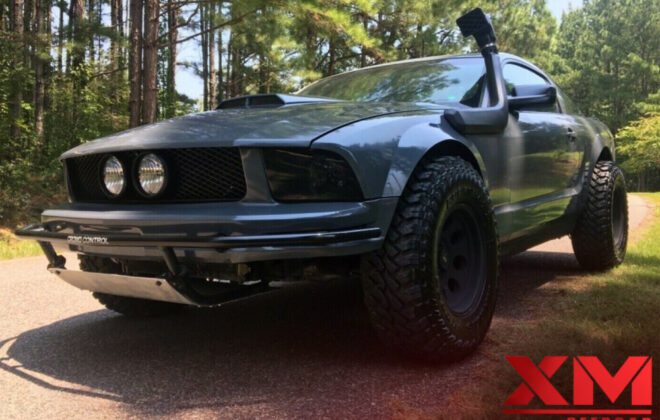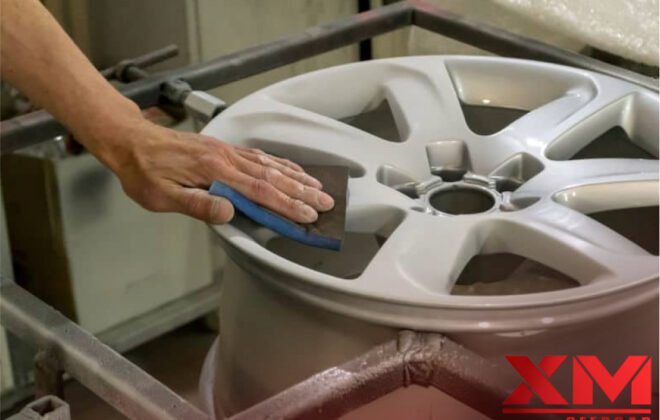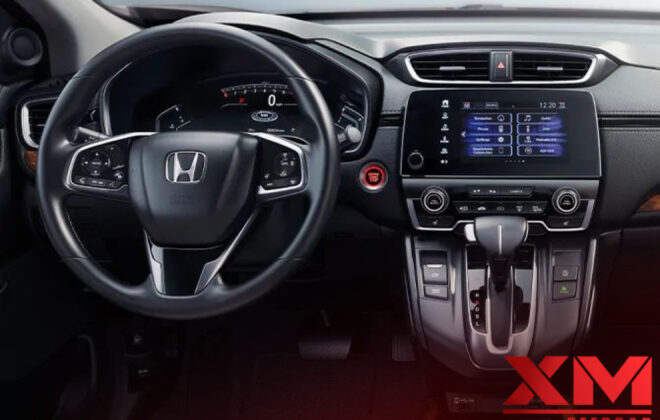
The Best Way to Minimize the Running Costs of Your Car
1) Timely Battery Replacement
A few things you should know about your automobile are essential to avoid costly repairs on your vehicle. First and foremost, your battery. Batteries last around three years, and whether it passes or not, they will fail within the following year or two. What happens is that, because of all the electronics in the automobile, it runs only on its battery when you start it. It’s the same for on and off-road alloy rims. When your battery is low, your starter spins slower and uses more power. When your automobile starts, your alternator kicks in and sends more amps to the battery to recharge it.
Now, all those things, as well as the current that runs through your automobile, are spiking high and low. Stay on top of it and change the battery to eliminate a lot of technological difficulties. It is certainly worth 120 dollars and fifty dollars. It will replace your battery on time.
2) Maintaining Quarter Tank Gasoline
Never drive your automobile with less than a quarter tank of gas in it. There is an electronic fuel pump in your tank that feeds gasoline to your engine, and it is a lot of tiny little windings in there that utilize the gas to keep it cool.
When the temperature drops below a quarter, there is not enough fuel sloshing back and forth to keep the pump cool, especially if you are on a lengthy road trip and run it completely dry before stopping at a gas station to fill it up. You have got an extremely hot fuel pump now, and you are filling it with fuel that is 15 degrees Celsius. It is a significant shock for it, and if you do it too many times, you will prematurely burn out your pump. Four or five thousand bucks are missing for no apparent reason. As a result, maintain that tank over Accord.
3) Avoid Unwanted Transmission
It is OK to do transmission if you know your car’s history. However, if you do not know your car’s history and it has a lot of miles on it, I would not advocate replacing the fluid. The reason for this is that your gearbox has a lot of oil passageways, and with time, tiny particles of dirt become lodged in the corners. They will most likely stay there till the automobile is scrapped. The issue is that when you put a new transmission fluid in, it contains detergents to keep the transmission clean. And what it will do is collect all those small stuck bits and place them in one position, causing several issues. It is best to cross your fingers on a car with high mileage. Maintain your current level and hope for the best.
4) Using Cruise Control Wisely
If the driving conditions are not optimum, especially in the winter, you should turn off the cruise control. When you find yourself in a random drift, let out of the throttle and close through it. Do not slam on the brakes, and do not battle or panic the cruise control. That one extra step might be all you need to maintain control of your vehicle. Keep the steering wheel pointing in the direction you want to travel and look in the order you want to go. Another reason you can wind up in the ditch is if you must worry about the cruise.
5) Maintain Rims
We all like our aftermarket rims, and I prefer the slightly larger tires than stock like off-road rims. Factory tires are always incorrect. The problem is that when you have a flat, especially on a pickup truck, the driving tires are generally the first to go flat. Since they are the ones who are doing all the work Now, if you take your spare, it is still the same size as the original and a lot smaller.
What is going on is that if your vehicle is ten years old or newer, it most likely has a limited-slip differential. If you have one colossal tire and one little tire, the differential will assume one of them is slipping and will try to lock the other one up. As a result, in a matter of around 10,000 kilometers, you will have ruined your differential, and a thousand dollars will be gone in no time.
So, if you get adrift on the back, double-check the numbers to see whether your spare tire is not the same size. There is a number written on the side of each tire. Roll the wheel up and away if you do not comprehend the numbers. If it is a different size, make sure you use the oddball or extra tie on the ties that are not being used. So, you want to put the tires on the front of a rear-wheel-drive tire. You should install your spare tire on the back of a front-wheel-drive tire so that the driving tires turn equally.
6) Avoid Kicking Your Bumper
If it is chilly outside and the roads are slick, do not kick your bumper to remove the sludge as you park your car. When the temperature drops below freezing, the plastic becomes exceptionally fragile. And if you are kicking your bumper, it is held on by a lot of small holes with little tabs on them that keep it in place. You might not even notice if you kick it, but it is fragile and easily cracked. To say nothing of putting a puncture or a star in your plastics. When it becomes heated or rough, leave your plastics alone. It will fall off on its own, or you may wash it off at a vehicle wash, but do not kick cold plastic bumpers.
7) Don’t throw Cold Water into a heated Radiator.
If your automobile overheats and you safely remove the radiator cap, but your engine remains hot, never put cold water in a host machine. It will go in both the cold and hot beverages. If you mix the hot drinks too quickly, you risk shattering your block or destroying your head gasket. If you absolutely must get up, fill your Radiator with as much hot water as possible, and you should be OK.
8) Take Professional Assistance
If your car battery fails and requires assistance, do yourself a favor and dial for professional service. Please do not take advice from someone unsure of what they are doing. Many electronics and our automobiles now demand a lot but larger alternators to power our TVs, heated seats, cameras, and other devices. When you have a dead battery, your alternator understands as soon as your engine is running that the battery is dead and sends all its power to attempt to charge it. If you have a boosted car, it does this automatically.
You now have two alternators trying to charge this battery and stating that I must provide full power to charge this battery. It opens the door to many possible damages to the car’s susceptible systems. As a result, do yourself a favor and call for roadside help. You may hold them responsible if things go wrong. You have a lot higher chance of getting your money back from a blown ECU than you do from a stranger since they have insurance.
Author Bio
Lammie works as a content marketer and blogger for Off Road Wheels. For the past four years, she has been a member of Xtreme Mudder Wheels. Lammie specializes in writing persuasive and captivating web copy and blog posts. She has extensive experience working with a wide range of content marketing firms.




